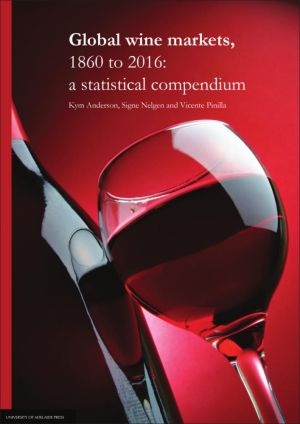
Until recently, most grape-based wine was consumed close to where it was produced, and mostly that was in Europe. Despite the huge growth in inter-continental trade, investment and migration during the first globalization wave that came to a halt with World War I, it was not until the 1990s that the export share of global wine production rose above...

This insightful collection of essays explores the ways in which open education can democratise access to education for all. It is a rich resource that offers both research and case studies to relate the application of open technologies and approaches in education settings around the world.
Global in perspective, this book argues strongly for the...
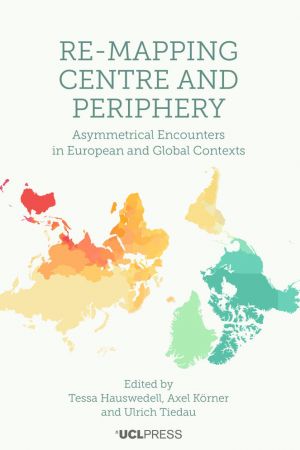
Historians often assume a one-directional transmission of knowledge and ideas, leading to the establishment of spatial hierarchies defined as centres and peripheries. In recent decades, transnational and global history have contributed to a more inclusive understanding of intellectual and cultural exchanges that profoundly challenged the ways in wh...
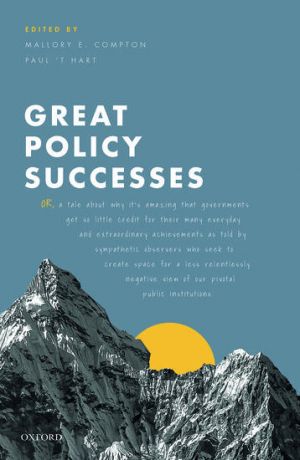
With so much media and political criticism of their shortcomings and failures, it is easy to overlook the fact that many governments work pretty well much of the time. Great Policy Successes turns the spotlight on instances of public policy that are remarkably successful. It develops a framework for identifying and assessing policy successes, payin...
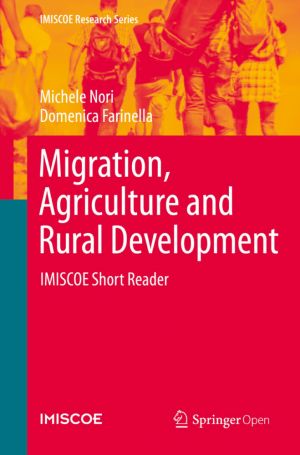
This open access short reader looks into the dynamics which have reshaped rural development and human landscapes in European agriculture and the role of immigrant people. Within this framework it analyses contemporary rural migrations and the emergence of immigrants in relation to the incorporation of agrarian systems into global markets, the Europ...
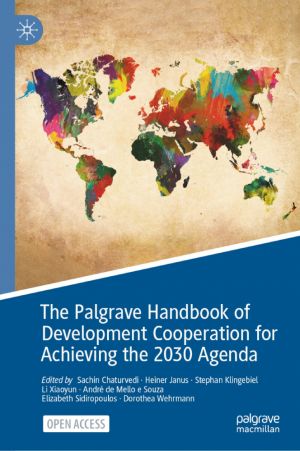
This open handbook analyses the role of development cooperation in achieving the 2030 Agenda in a global context of 'contested cooperation'. Development actors, including governments providing aid or South-South Cooperation, developing countries, and non-governmental actors (civil society, philanthropy, and businesses) constantly challeng...
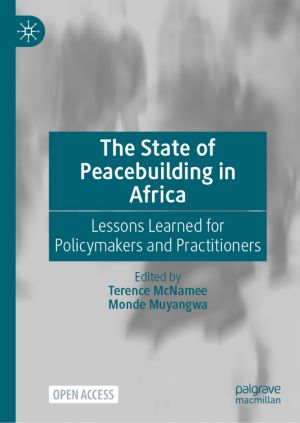
This open book on the state of peacebuilding in Africa brings together the work of distinguished scholars, practitioners, and decision makers to reflect on key experiences and lessons learned in peacebuilding in Africa over the past half century. The core themes addressed by the contributors include conflict prevention, mediation, and management; p...
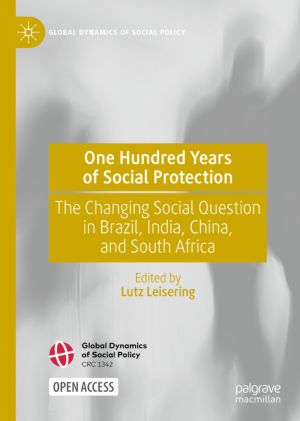
While the rise of social protection in the global North has been widely researched, we know little about the history of social protection in the global South. This open book investigates the experiences of four middle-income countries - Brazil, India, China and South Africa - from 1920 to 2020, analysing if, when, and how these countries articulate...
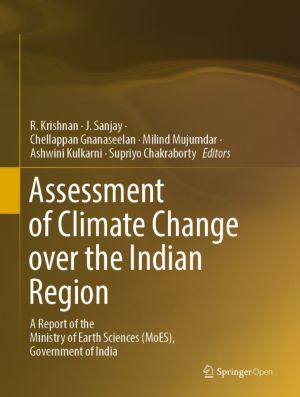
This open book discusses the impact of human-induced global climate change on the Indian subcontinent and regional monsoon, the adjoining Indian Ocean and the Himalayas. It also examines the regional climate change projections based on the climate models used by the IPCC Fifth Assessment Report (AR5) and national climate change modeling studies usi...
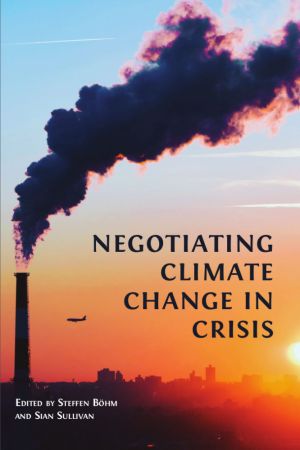
Climate change negotiations have failed the world. Despite more than thirty years of high-level, global talks on climate change, we are still seeing carbon emissions rise dramatically. This edited volume, comprising leading and emerging scholars and climate activists from around the world, takes a critical look at what has gone wrong and what is to...
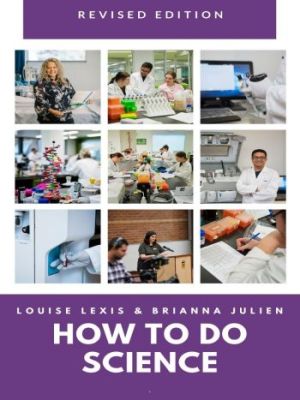
How To Do Science has been written for students of the life sciences who are actively engaged in the scientific process. This guide introduces you to what it means to be a scientist. You will learn about the scientific method and how to carry out many tasks of a scientist, including: designing experiments, visualising data, accessing scientific lit...
